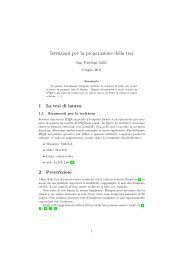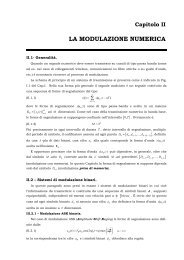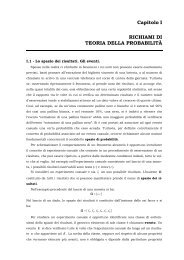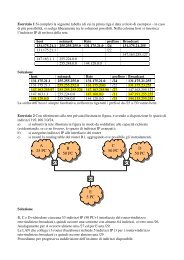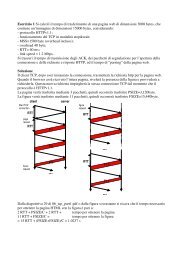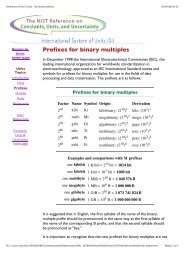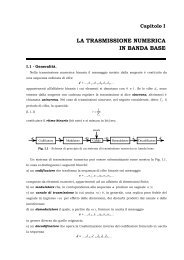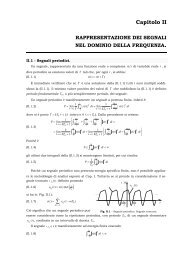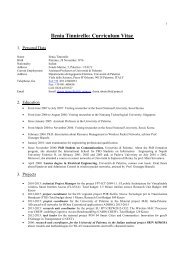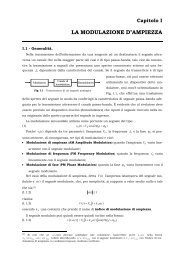NI USB 6008.pdf
NI USB 6008.pdf
NI USB 6008.pdf
You also want an ePaper? Increase the reach of your titles
YUMPU automatically turns print PDFs into web optimized ePapers that Google loves.
Minimizing Glitches on the Output Signal<br />
Digital I/O<br />
Digital I/O Circuitry<br />
When you use a DAC to generate a waveform, you may observe glitches in<br />
the output signal. These glitches are normal; when a DAQ switches from<br />
one voltage to another, it produces glitches due to released charges. The<br />
largest glitches occur when the most significant bit of the DAC code<br />
changes. You can build a lowpass deglitching filter to remove some of<br />
these glitches, depending on the frequency and nature of the output signal.<br />
Refer to ni.com/support for more information about minimizing<br />
glitches.<br />
The <strong>NI</strong> <strong>USB</strong>-6008/6009 has 12 digital lines, P0. and P1.,<br />
which comprise the DIO port. GND is the ground-reference signal for the<br />
DIO port. You can individually program all lines as inputs or outputs.<br />
Figure 13 shows P0. connected to example signals configured as<br />
digital inputs and digital outputs. You can configure P1. similarly.<br />
+5 V<br />
1<br />
LED<br />
2<br />
3<br />
4<br />
LED<br />
+5 V<br />
Switch<br />
TTL Signal<br />
P0.0<br />
P0.1<br />
P0.2<br />
P0.3<br />
P0.4<br />
P0.5<br />
P0.6<br />
P0.7<br />
I/O Connector<br />
GND<br />
1 P0.0 configured as an open collector digital output driving a LED<br />
2 P0.2 configured as a active drive digital output driving a LED<br />
3 P0.4 configured as a digital input receiving a TTL signal from a gated invertor<br />
4 P0.7 configured as a digital input receiving a 0 V or 5 V signal from a switch<br />
Figure 13. Example of Connecting a Load<br />
© National Instruments Corporation 17 <strong>NI</strong> <strong>USB</strong>-6008/6009 User Guide and Specifications



